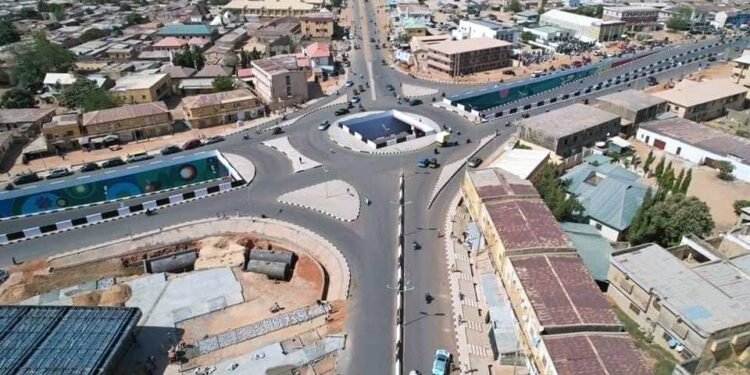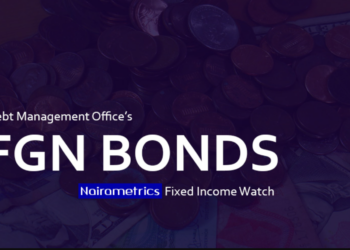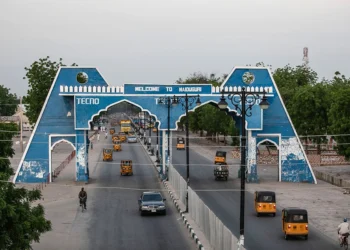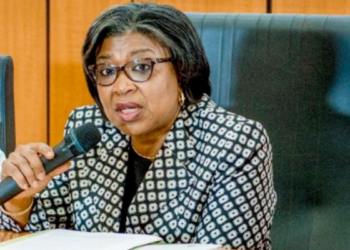Nigeria’s ten least indebted states owed a combined total of N191.8 billion in domestic debts in Q1 2025, according to the Debt Management Office (DMO).
This represents 4.96% of the country’s total sub-national debt during the quarter.
In the period under review, Jigawa emerged as the state with the lowest sub-national debt in the federation.
On a year-on-year basis, sub-national debt among these states declined by 4.91%, from N4.07 trillion in Q1 2024 to N3.87 trillion in Q1 2025. States such as Anambra, Borno, and Kaduna also recorded reductions in their debt profiles over the same period.
The latest DMO report highlights a reshuffling in Nigeria’s sub-national debt landscape, influenced by fiscal constraints, infrastructure development ambitions, shifts in oil revenue, and tighter federal allocations.
This analysis examines the debt trends of the top 10 least indebted states.
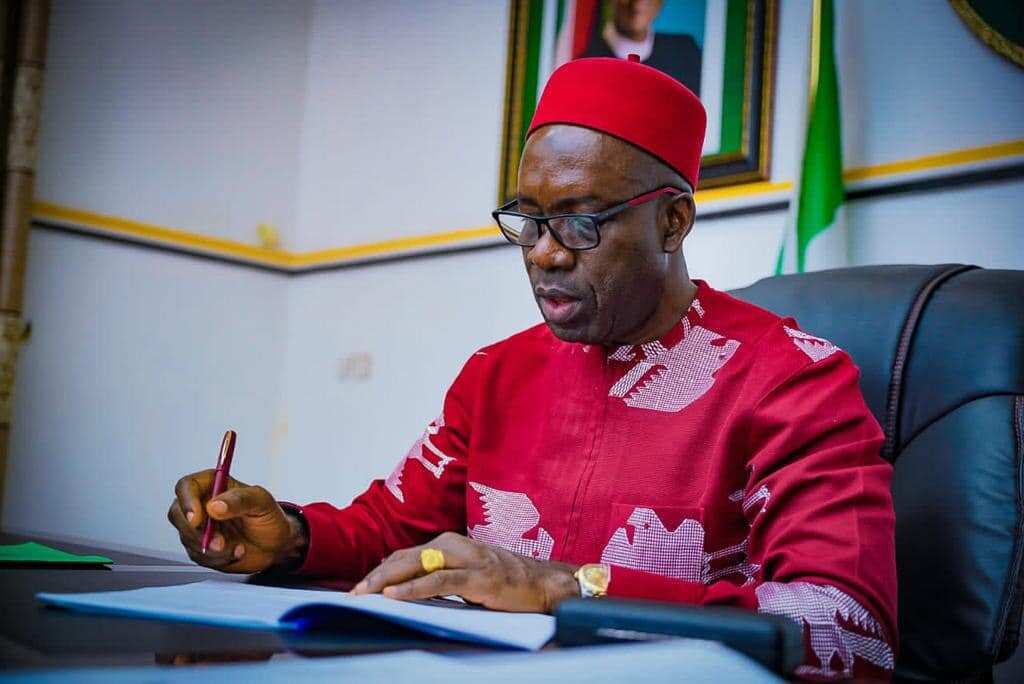
Anambra state’s domestic debt stock reduced from N34.43 billion in Q1 2024 to N28.2 billion in Q1 2025. The state accounted for 14.71% of the total debt of the 10 least indebted states and 0.73% of the total subnational debts in Q1 2025.
The state’s debt profile is attributed to some of the government’s conservative borrowing policies. The state also continues to attract direct investments into its industrial and tourism sectors, potentially offsetting the need for debt-heavy budgets.
In March 2025, Anambra State Governor, Professor Chukwuma Soludo, revealed that his administration opted out of an existing World Bank loan agreement to prevent the state from falling into a “debt overhang.”
“I reviewed the loan terms and found them unsustainable. It would have been easy to continue with it since future generations would bear the burden, but based on those terms, it was a bad deal for Anambra.
“Last year, N438bn was distributed among 35 states, and Anambra was the only one that did not accept it. I need money, but I cannot borrow my state into slavery,” Soludo added.
In December 2024, the Anambra State House of Assembly passed the N607 billion 2025 budget into law.
The budget projected and estimated recurrent N139.5 billion, representing 23 percent, while N407.5 billion, representing 77 percent, would be for capital expenditure.

